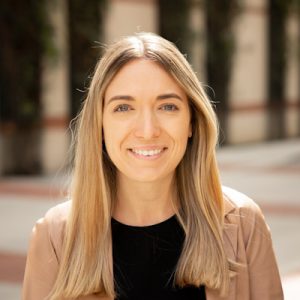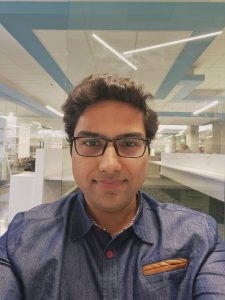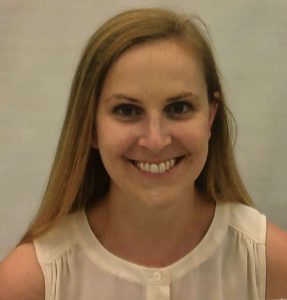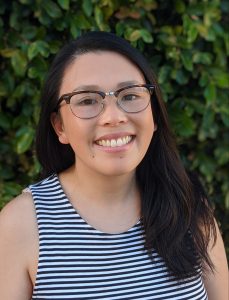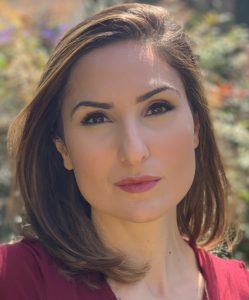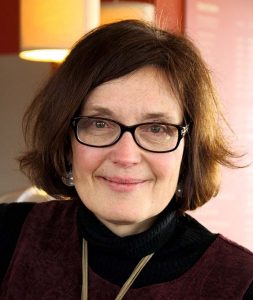 The Legacy of Dr. Suzanne Eaton, Ph.D. (1959-2019)
The Legacy of Dr. Suzanne Eaton, Ph.D. (1959-2019)
Background
In September 2019, the Suzanne Eaton, Ph.D. Memorial Prize was established at UCLA. This prize will honor the life and work of Dr. Suzanne Eaton, whose life came to a tragic end in July 2019, while she was at a conference in Crete.
Dr. Eaton, a renowned, award-winning scientist, received her Ph.D. in Microbiology from UCLA in 1987. Her thesis, entitled Molecular analysis of an immunoglobulin heavy chain promoter, was completed under the supervision of Dr. Kathryn Calame. For this work she was awarded the Sydney C. Rittenberg Award for Distinguished Academic Achievement in Microbiology by the Association of Academic Women in 1988. Eaton then went on to become a senior researcher and founder at the Max Planck Institute of Molecular Cell Biology and Genetics, and a Professor at the Biotechnology Center of the Technical University of Dresden in Germany. The focus of her research was the question “How do cells form tissues?”. Thanks to her insatiable curiosity and creativity, she discovered groundbreaking approaches to understanding how cells communicate with each other to form tissue. Through the discovery of signaling molecules, the morphogens, and their physical properties and interactions, Eaton’s team was able to explain how signals are spread over long distances in tissues. Most recently before her passing, Eaton’s research had focused on the interaction of signaling and metabolic pathways.
Throughout her career, Dr. Eaton was especially mindful of the hurdles faced by young scientists raising children in addition to pursuing their research. Upon moving herself and her family to Germany, she benefited from their daycare system and was saddened to see colleagues in the U.S. struggling to balance their careers with childcare. To honor this passion, Eaton’s colleagues and friends established this award to help realize a solution for those facing this predicament at her alma mater.
Award Description
The Suzanne Eaton, Ph.D. Memorial Prize is intended to recognize a Ph.D. student or postdoctoral fellow at UCLA in one of the following areas under the Graduate Programs in Bioscience: microbiology, immunology, biological chemistry or molecular biology. The recipient should be a scientist who displays the traits characterized by Dr. Eaton: excellence in their work, passion for their discipline, and a caring personality for their colleagues. It is hoped that the award will to help defray costs of child care which may burden young scientists who are parents.



